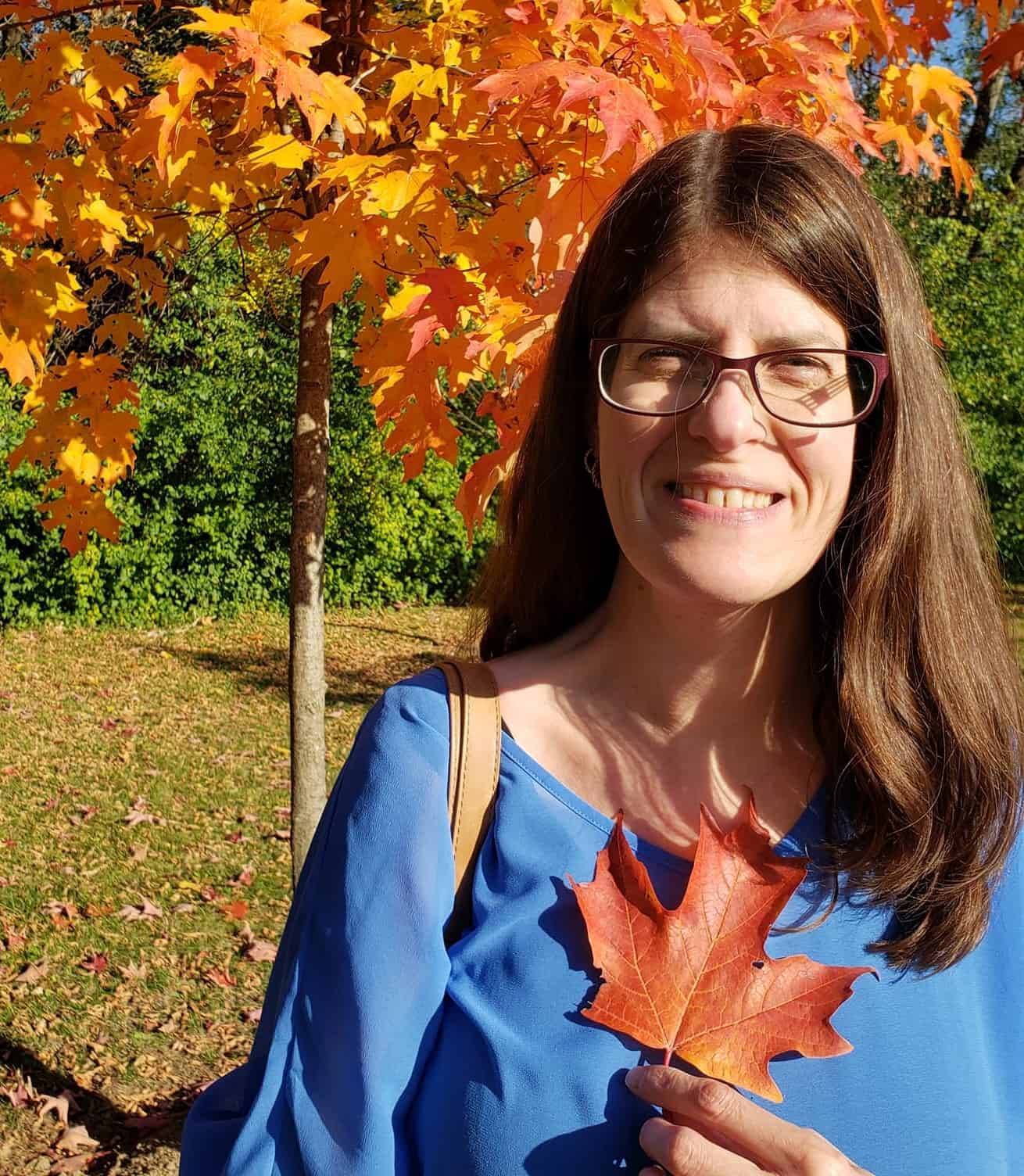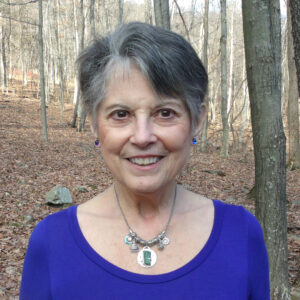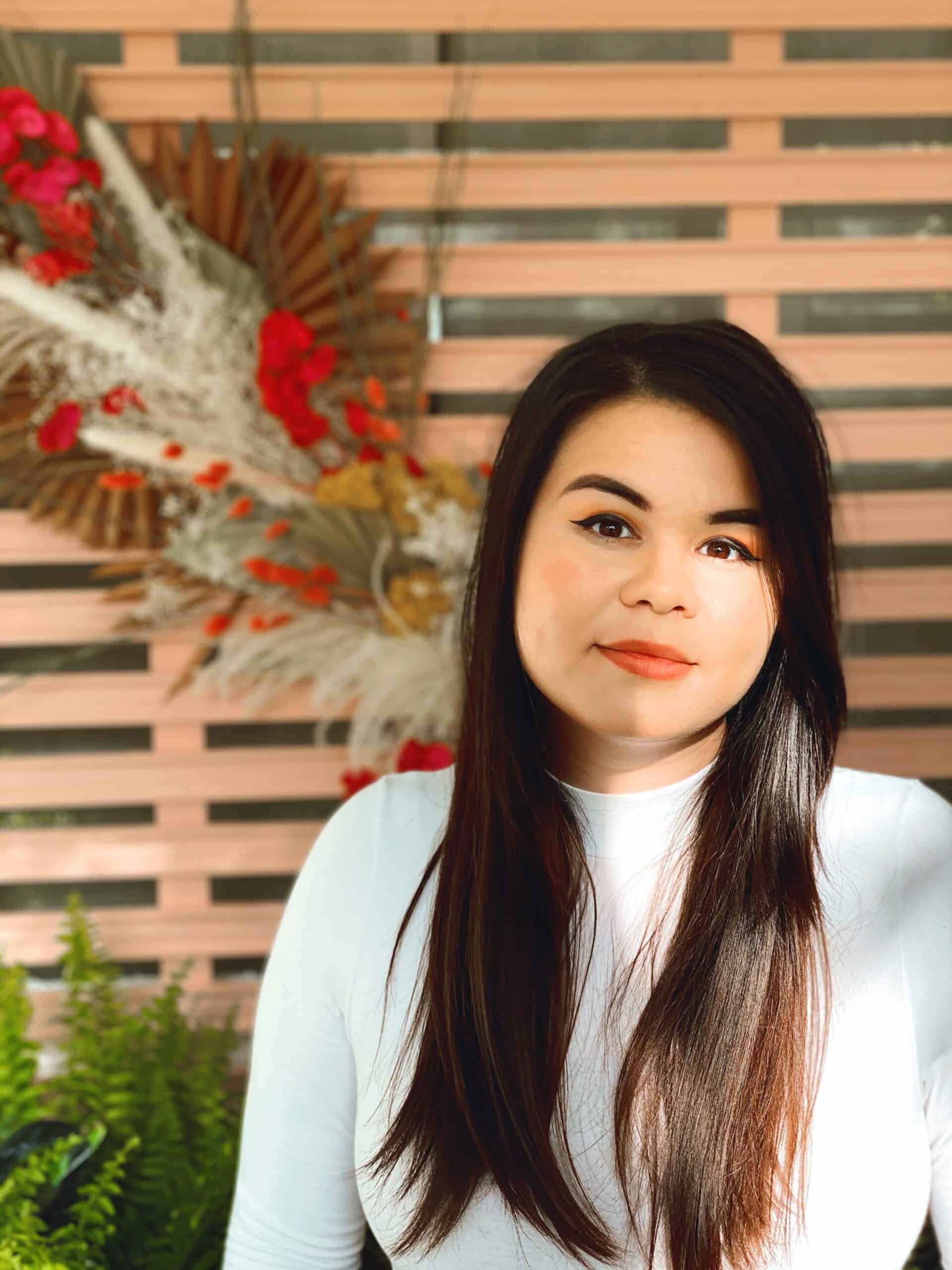In this interview, we’re diving into the journey of Jenny Alexander as she navigates through the tough times of divorce and heartbreak. Jenny shares her ups and downs, offering some valuable insights for anyone facing similar struggles. From dealing with pain to finding support and turning her experiences into hope for others, Jenny’s story is all about resilience and learning to find strength in vulnerability. So, let’s dive in and discover the lessons she’s learned along the way, and how her journey has shaped her into the person she is today.
What were some of the biggest challenges you faced during your recovery from divorce, and how did you overcome them?
I didn’t know how to face the pain, or at least I was afraid to. Eventually, I shared my struggles with a group of ladies from church. They loved and prayed for me, which was a turning point. After that I joined a DivorceCare support group which was such a help that I co-led the next session.
That leads to another struggle, which was asking for help. The support I received when I made my needs known made all the difference. After all, it’s difficult to receive comfort if you don’t tell others you need it.
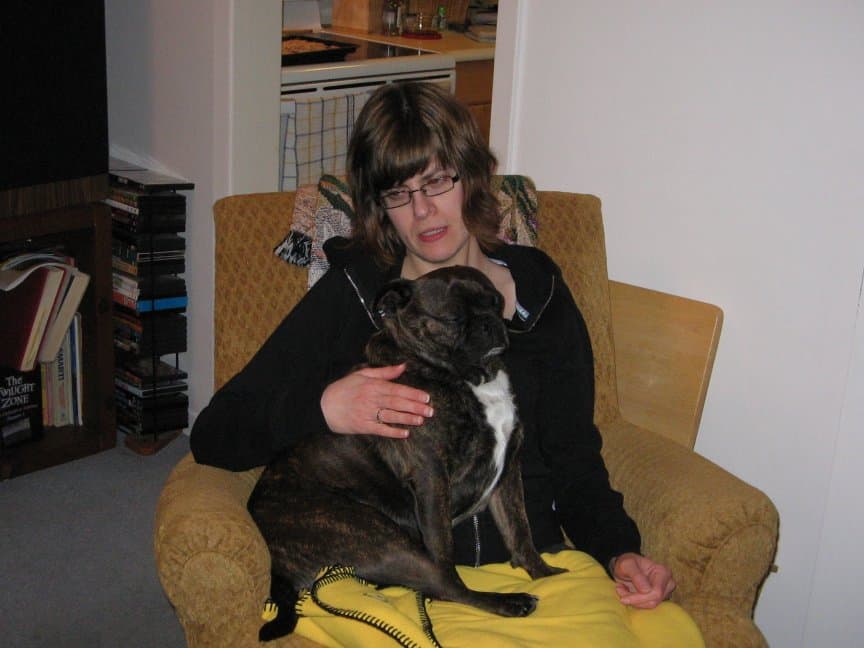
What inspired you to turn your experiences into a creative project or business aimed at helping others going through similar situations?
Approximately a year after my divorce as I was reading a John Cloud and Henry Townsend book, I realized I wanted to help others with my writing someday.
How do you believe your book/project/business stands out in providing support and hope for those experiencing heartbreak?
My books are short reads, which is different than most of the recovery material I’ve seen. This is valuable for those going through stressful situations that may not have the mental capacity for longer reads. My books can be read in one or two sittings and act as a guide for those going through divorce recovery.
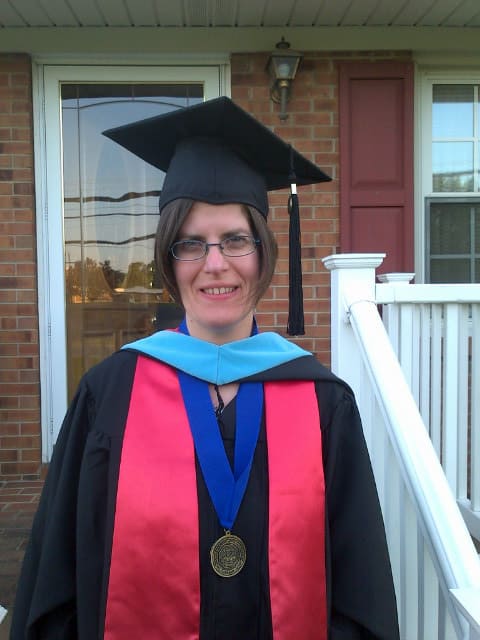
Can you talk about a particularly significant moment or realization during your own healing process that motivated you to reach out and help others?
After completing DivorceCare, I was inspired to co-lead the next session. I enjoyed being able to comfort others the way I’d been comforted.
What strategies or coping mechanisms have you found most effective in dealing with the emotional toll of divorce and heartbreak?
Seeking help and feeling the most difficult emotions are the two strategies that help me the most with my recovery. You can’t move past the pain until you face it. Also, working towards my degree increased my confidence as I excelled in my course work. Confidence after divorce is often low.
Were there any unexpected obstacles or setbacks you encountered while developing “Hope for the Heartbroken” and how did you address them?
The biggest unexpected obstacle was and is trying to find the people who need my resources. I know they’re out there. Last year, I took part in a number of interviews to get the word out and a few months ago, I started a newsletter. Building a subscriber base has been a challenge but I’m reading a good book called Newsletter Ninja that is helpful.
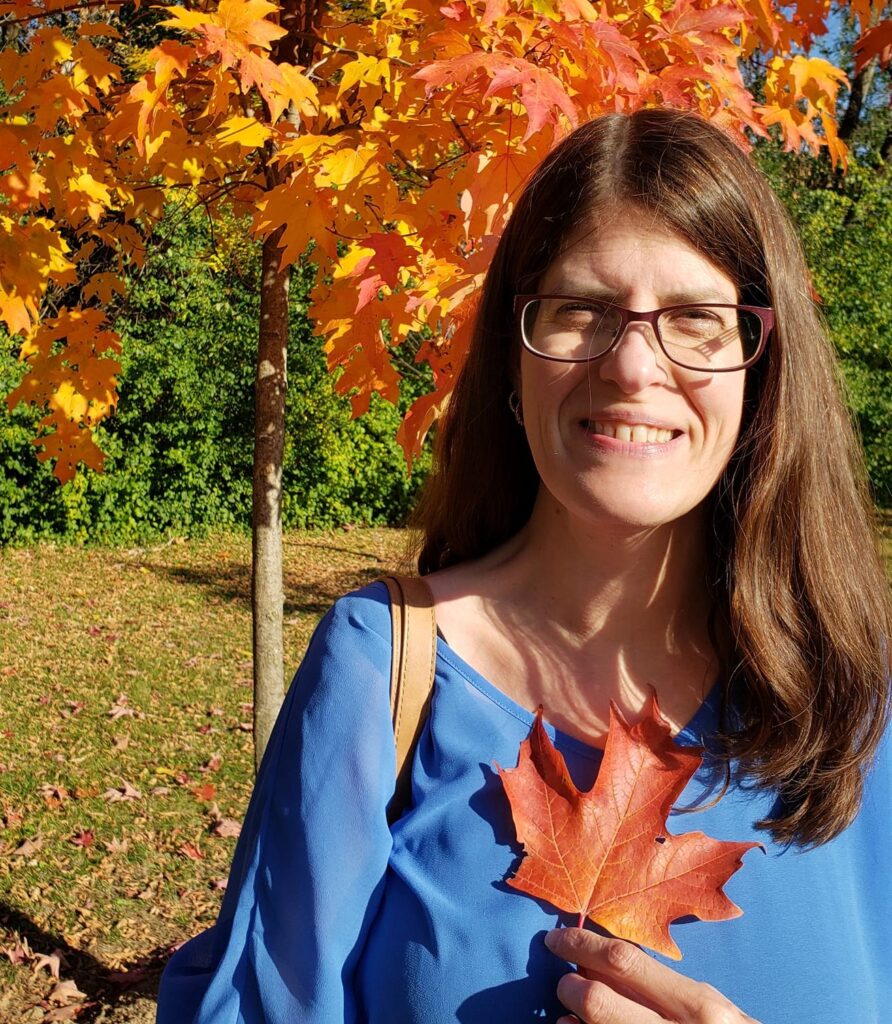
What advice would you give to someone who is currently going through a difficult breakup or divorce and feels lost or hopeless?
You might feel alone, but you’re not. Others understand and have been there. Try to find books or YouTube interviews about others who have made it to the other side. You might also consider joining a support group like DivorceCare. Being with those who understand your pain makes a big difference. There is hope after divorce, even if it doesn’t feel like it. Sometimes it’s a new beginning.
How do you balance sharing your personal story while also respecting the privacy and individual experiences of your audience?
I focus on my story while expressing empathy for their experiences. In my books, I ask readers reflection question at the end of every chapter to help them think through the things they’ve read.
Looking back on your journey from heartbreak to healing, what is one key takeaway or lesson you would like others to remember?
In order to heal you have to face the pain. I denied my pain for several years. I may have found healing sooner had I accepted my emotions. That said, there is no particular timeline for recovery. Never put pressure on yourself to recover at a particular pace.
Website: https://www.jennyealexander.com
Facebook: https://www.hopefortheheartbroken.com
Newsletter sign-up plus free eBook: Boundaries: A Tool to Overcome Heartbreak (ck.page)
